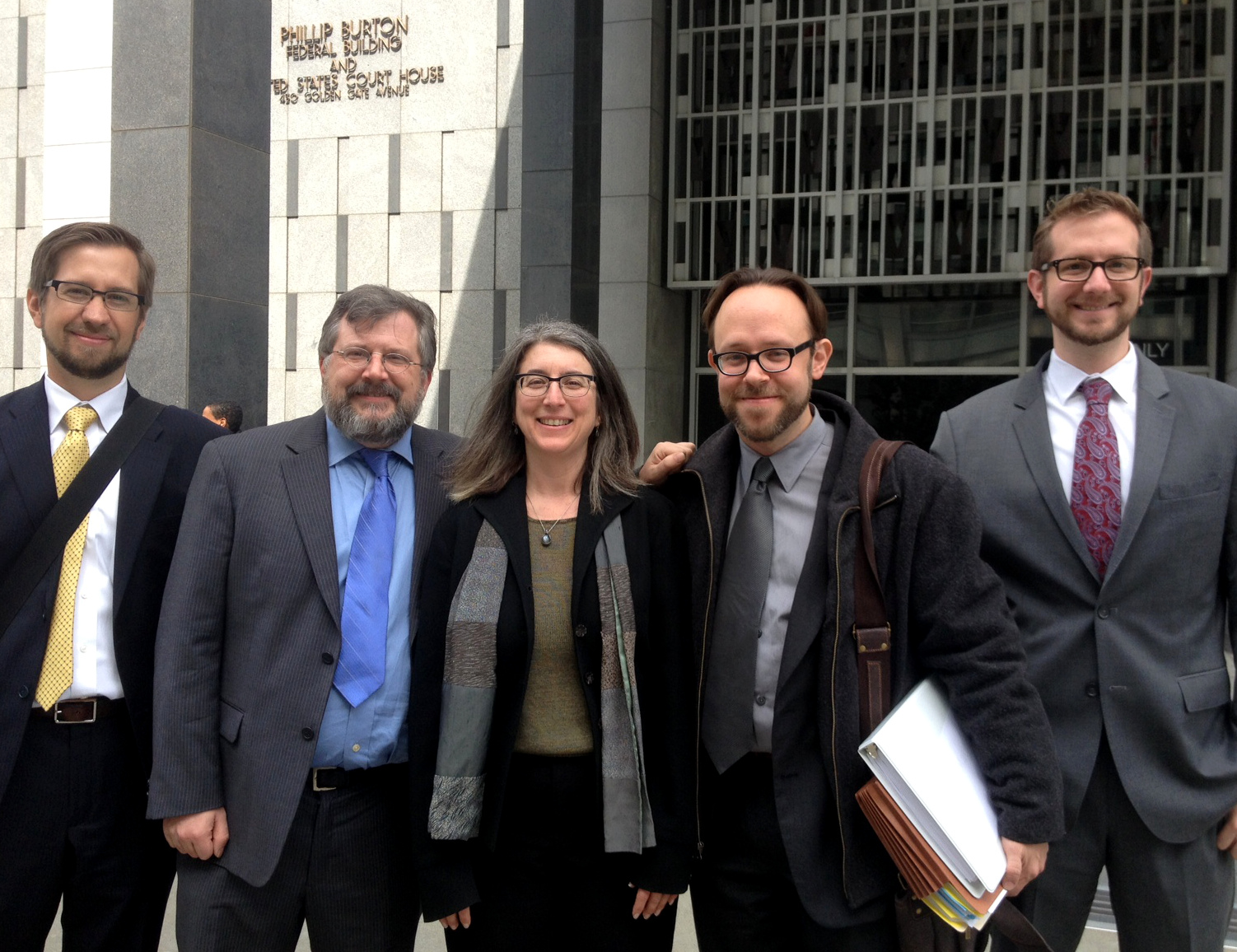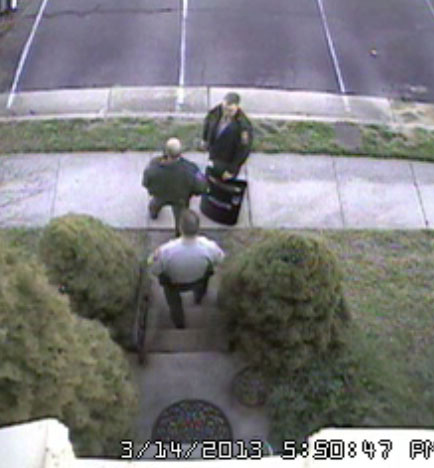1.
“Why are they still bothering with paperbacks?” This came from a coffee-shop acquaintance when he heard my book was soon to come out in paperback, nine months after its hardcover release. “Anyone who wants it half price already bought it on ebook, or Amazon.”
Interestingly, his point wasn’t the usual hardcovers-are-dead-long-live-the-hardcover knell. To his mind, what was the use of a second, cheaper paper version anymore, when anyone who wanted it cheaply had already been able to get it in so many different ways?
I would have taken issue with his foregone conclusion about the domination of ebooks over paper, but I didn’t want to spend my babysitting time down that rabbit hole. But he did get me thinking about the role of the paperback relaunch these days, and how publishers go about getting attention for this third version of a novel — fourth, if you count audiobooks.
I did what I usually do when I’m puzzling through something, which is to go back to my journalism-school days and report on it. Judging by the number of writers who asked me to share what I heard, there are a good number of novelists who don’t quite know what to do with their paperbacks, either.
Here’s what I learned, after a month of talking to editors, literary agents, publishers, and other authors: A paperback isn’t just a cheaper version of the book anymore. It’s a makeover. A facelift. And for some, a second shot.
2.
About ebooks. How much are they really cutting into print, both paperbacks and hardcovers? Putting aside the hype and the crystal ball, how do the numbers really look?
The annual Bookstats Report from the Association of American Publishers (AAP), which collects data from 1,977 publishers, is one of the most reliable measures. In the last full report — which came out July 2012 — ebooks outsold hardcovers for the first time, representing $282.3 million in sales (up 28.1%), compared to adult hardcover ($229.6 million, up 2.7%). But not paperback — which, while down 10.5%, still represented $299.8 million in sales. The next report comes out this July, and it remains to be seen whether ebook sales will exceed paper. Monthly stat-shots put out by the AAP since the last annual report show trade paperbacks up, but the group’s spokesperson cautioned against drawing conclusions from interim reports rather than year-end numbers.
Numbers aside, do we need to defend whether the paperback-following-hardcover still has relevance?
“I think that as opposed to a re-release being less important, it’s more than ever important because it gives a book a second chance with a new cover and lower cost, plus you can use all the great reviews the hardcover got,” says MJ Rose, owner of the book marketing firm Authorbuzz, as well as a bestselling author of novels including The Book of Lost Fragrances. “So many books sell 2,000 or 3,000 copies in hardcover and high-priced ebooks, but take off when they get a second wind from trade paperback and their e-book prices drop.”
What about from readers’ perspectives? Is there something unique about the paperback format that still appeals?
I put the question to booksellers, though of course as bricks-and-mortar sellers, it’s natural that they would have a bias toward paper. Yet the question isn’t paper versus digital: it’s whether they are observing interest in a paper book can be renewed after it has already been out for nine months to a year, and already available at the lower price, electronically.
“Many people still want the portability of a lighter paper copy,” said Deb Sundin, manager of Wellesley Books in Wellesley, MA. “They come in before vacation and ask, ‘What’s new in paper?’ ”
“Not everyone e-reads,” says Nathan Dunbar, a manager at Barnes & Noble in Skokie, IL. “Many customers tell us they’ll wait for the paperback savings. Also, more customers will casually pick up the paperback over hardcover.”
Then there’s the issue of what a new cover can do. “For a lot of customers the paperback is like they’re seeing it for the first time,” says Mary Cotton, owner of Newtonville Books in Newtonvillle, MA. “It gives me an excuse to point it out to people again as something fresh and new, especially if it has a new cover.”
3.
A look at a paperback’s redesign tells you a thing or two about the publisher’s mindset: namely, whether or not the house believes the book has reached its intended audience, and whether there’s another audience yet to reach. Beyond that, it’s anyone’s Rorschach. Hardcovers with muted illustrations morph into pop art, and vice versa. Geometric-patterned book covers are redesigned with nature imagery; nature imagery in hardcover becomes photography of women and children in the paperback. Meg Wolitzer, on a panel about the positioning of women authors at the recent AWP conference, drew knowing laughter for a reference to the ubiquitous covers with girls in a field or women in water. Whether or not publishers want to scream book club, they at least want to whisper it.
“It seems that almost every book these days gets a new cover for the paperback. It’s almost as if they’re doing two different books for two different audiences, with the paperback becoming the ‘book club book,’” says Melanie Benjamin, author of The Aviator’s Wife. Benjamin watched the covers of her previous books, including Mrs. Tom Thumb and Alice I Have Been, change from hardcovers that were “beautiful, and a bit brooding” to versions that were “more colorful, more whimsical.”
A mood makeover is no accident, explains Sarah Knight, a senior editor at Simon & Schuster, and can get a paperback ordered in a store that wouldn’t be inclined to carry its hardcover. “New cover art can re-ignite interest from readers who simply passed the book over in hardcover, and can sometimes help get a book displayed in an account that did not previously order the hardcover because the new art is more in line with its customer base.” Some stores, like the big-boxes and airports, also carry far more paperbacks than hardcovers. Getting into those aisles in paperback can have an astronomical effect on sales.
An unscientific look at recent relaunches shows a wide range of books that got full makeovers: Olive Kitteridge, A Visit From the Goon Squad, The Newlyweds, The Language of Flowers, The Song Remains the Same, The Age of Miracles, Arcadia, and The Unlikely Pilgrimage of Harold Fry, as did my own this month (The Unfinished Work of Elizabeth D.)
Books that stayed almost completely the same, plus or minus a review quote and accent color, include Wild, Beautiful Ruins, The Snow Child, The Weird Sisters, The Paris Wife, Maine, The Marriage Plot, The Art of Fielding, The Tiger’s Wife, Rules of Civility, and The Orchardist.
Most interesting are the books that receive the middle-ground treatment, designers flirting with variations on their iconic themes. The Night Circus, The Invisible Bridge, State of Wonder, The Lifeboat, Billy Lynn’s Long Halftime Walk, Tell the Wolves I’m Home, Tigers in Red Weather, and The Buddha in the Attic are all so similar to the original in theme or execution that they’re like a wink to those in the know — and pique the memory of those who have a memory of wanting to read it the first time around.
Some writers become attached to their hardcovers and resist a new look in paperback. Others know it’s their greatest chance of coming out of the gate a second time — same race, fresh horse.
When Jenna Blum’s first novel, Those Who Save Us, came out in hardcover in 2004, Houghton Mifflin put train tracks and barbed wire on the cover. Gorgeous, haunting, and appropriate for a WWII novel, but not exactly “reader-friendly,” Blum recalls being told by one bookseller. The following year, the paperback cover — a girl in a bright red coat in front of a European bakery — telegraphed the novel’s Holocaust-era content without frightening readers away.
“The paperback cover helped save the book from the remainder bins, I suspect,” Blum says.
Armed with her paperback, Jenna went everywhere she was invited, which ended up tallying more than 800 book clubs. Three years later, her book hit the New York Times bestseller list.
“Often the hardcover is the friends-and-family edition, because that’s who buys it, in addition to collectors,” she says. “It’s imperative that a paperback give the novel a second lease on life if the hardcover didn’t reach all its intended audience, and unless you are Gillian Flynn, it probably won’t.”
There’s no hard-and-fast rule about when the paperback should ride in for that second lease. A year to paperback used to be standard, but now a paperback can release earlier — to capitalize on a moderately successful book before it’s forgotten — or later, if a hardcover is still turning a strong profit.
At issue: the moment to reissue, and the message to send.
“Some books slow down at a point, and the paperback is a great opportunity to repromote and reimagine,” says Sheila O’Shea, associate publisher for Broadway and Hogarth paperbacks at the Crown Publishing Group (including, I should add, mine). “The design of a paperback is fascinating, because you have to get it right in a different way than the hardcover. If it’s a book that relates specifically to females you want that accessibility at the table — women drawn in, wondering, Ooh, what’s that about.”
The opportunity to alter the message isn’t just for cover design, but the entire repackaging of the book — display text, reviews put on the jacket, synopses used online, and more. In this way, the paperback is not unlike the movie trailer which, when focus-grouped, can be reshaped to spotlight romantic undertones or a happy ending.
“Often by the time the paperback rolls around, both the author and publicist will have realized where the missed opportunities were for the hardcover, and have a chance to correct that,” says Simon & Schuster’s Sarah Knight. “Once your book has been focus-grouped on the biggest stage — hardcover publication — you get a sense of the qualities that resonate most with people, and maybe those were not the qualities you originally emphasized in hardcover. So you alter the flap copy, you change the cover art to reflect the best response from the ideal readership, and in many cases, the author can prepare original material to speak to that audience.”
Enter programs like P.S. (Harper Collins) and Extra Libris (Crown Trade and Hogarth), with new material in the back such as author interviews, essays, and suggested reading lists.
“We started Extra Libris last spring to create more value in the paperback, to give the author another opportunity to speak to readers. We had been doing research with booksellers and our reps and book club aficionados asking, What would you want in paperbacks? And it’s always extra content,” says Crown’s O’Shea. “Readers are accustomed to being close to the content and to the authors. It’s incumbent on us to have this product to continue the conversation.”
4.
Most of a paperback discussion centers on the tools at a publisher’s disposal, because frankly, so much of a book’s success is about what a publisher can do — from ads in trade and mainstream publications, print and online, to talking up the book in a way that pumps enthusiasm for the relaunch. But the most important piece is how, and whether, they get that stack in the store.
My literary agent Julie Barer swears the key to paperback success is physical placement. “A big piece of that is getting stores (including the increasingly important Costco and Target) to take large orders, and do major co-op. I believe one of the most important things that moves books is that big stack in the front of the store,” she says. “A lot of that piece is paid for and lobbied for by the publisher.”
Most publicists’ opportunities for reviews have come and gone with the hardcover, but not all, says Kathleen Zrelak Carter, a partner with the literary PR firm Goldberg McDuffie. “A main factor for us in deciding whether or not to get involved in a paperback relaunch is the off-the-book-page opportunities we can potentially pursue. This ranges from op-ed pieces to essays and guest blog posts,” she says. “It’s important for authors to think about all the angles in their book, their research and inspiration, but also to think about their expertise outside of being a writer, and how that can be utilized to get exposure.”
What else can authors do to support the paperback launch?
Readings have already been done in the towns where they have most connections, and bookstores don’t typically invite authors to come for a paperback relaunch. But many are, however, more than happy to have relaunching authors join forces with an author visiting for a new release, or participate in a panel of authors whose books touch on a common theme.
And just because a bookstore didn’t stock a book in hardcover doesn’t mean it won’t carry the paperback. Having a friend or fellow author bring a paperback to the attention of their local bookseller, talking up its accolades, can make a difference.
I asked folks smarter than I about branding, and they said the most useful thing for authors receiving a paperback makeover is to get on board with the new cover. That means fronting the new look everywhere: the author website, Facebook page, and Twitter. Change the stationery and business cards too if, like I did, you made them all about a cover that is no longer on the shelf.
“Sometimes a writer can feel, ‘But I liked this cover!’” says Crown’s O’Shea. “It’s important to be flexible about the approach, being open to the idea of reimagining your own work for a broader audience, and using the tools available to digitally promote the book with your publisher.”
More bluntly said, You want to sell books? Get in the game. Your hardcover might have come and gone, but in terms of your book’s rollout, it’s not even halftime yet.
“The paperback is truly a new release, and a smart author will treat it as such,” says Randy Susan Meyers, author The Murderer’s Daughters, her new novel The Comfort Of Lies, and co-author of the publishing-advice book What To Do Before Your Book Launch with book marketer and novelist M.J. Rose. “Make new bookmarks, spruce up your website, and introduce yourself to as many libraries as possible. Bookstores will welcome you, especially when you plan engaging multi-author events. There are opportunities for paperbacks that barely exist for hardcovers, including placement in stores such as Target, Costco, Walmart, and a host of others. Don’t let your paperback launch slip by. For me, as for many, it was when my book broke out.”
Related posts:
- Hardcover or Paperback? In a post last December, I briefly explained why books...
- Paperback Notes Some good new fiction paperbacks have come out in the...
- Paperback Swap Paperback Swap lets you can swap your books with other...











































































 Phillip Stearns is an artist who commissions blankets and tapestries woven in the USA with glitch-art patterns he generates with broken digital cameras. They're for sale! $200+
Phillip Stearns is an artist who commissions blankets and tapestries woven in the USA with glitch-art patterns he generates with broken digital cameras. They're for sale! $200+



 It’s not often that one has the opportunity to be the target of a cyber and kinetic attack at the same time. But that is exactly what’s happened to me and my Web site over the past 24 hours. On Thursday afternoon, my site was the target of a fairly massive denial of service attack. That attack was punctuated by a visit from a heavily armed local police unit that was tricked into responding to a 911 call spoofed to look like it came from my home.
It’s not often that one has the opportunity to be the target of a cyber and kinetic attack at the same time. But that is exactly what’s happened to me and my Web site over the past 24 hours. On Thursday afternoon, my site was the target of a fairly massive denial of service attack. That attack was punctuated by a visit from a heavily armed local police unit that was tricked into responding to a 911 call spoofed to look like it came from my home.